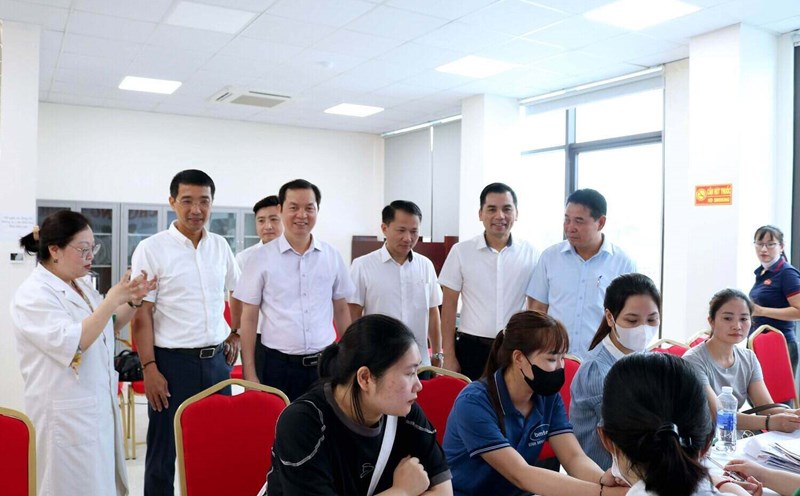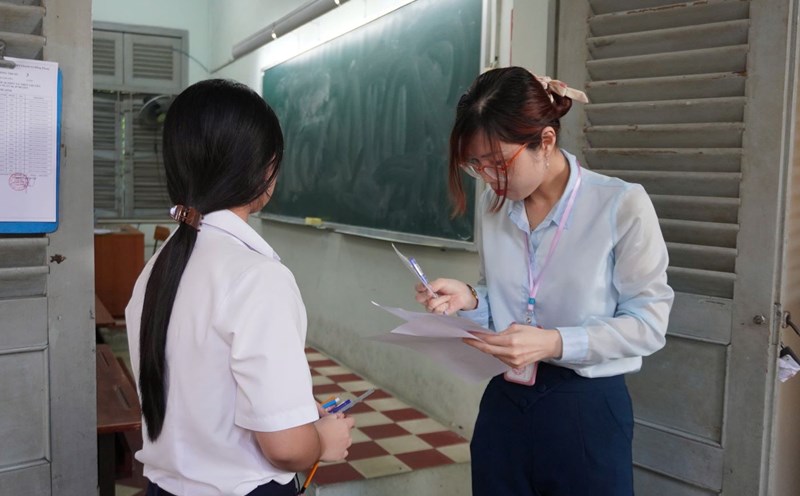The worrying thing is that up to 70% of cancer patients come to the clinic at a late stage, reducing treatment effectiveness, increasing costs and shortening the patient's extra life expectancy.
Associate Professor, Dr. Le Van Quang - Director of K Hospital - said that with early detection cases, the treatment rate can reach 70-80%. Accordingly, with early detection of breast cancer, the survival rate after 10 years can reach 90-95%. However, in Vietnam, due to late detection, the 5-year survival rate is only 40-50%.
"We have not invested appropriately in grassroots health care, especially in cancer screening and early detection," Associate Professor, Dr. Le Van Quang emphasized.
According to him, to reduce the rate of cancer mortality, Vietnam needs to step up screening, early detection and timely treatment. To do so, it is necessary to increase investment in grassroots health care - the closest line to the people - to implement screening programs effectively and sustainably.
One of the reasons why people do not proactively go for screening is due to lack of information and lack of understanding the benefits of early detection. Therefore, communication and health education work needs to be focused on more, while grassroots health care needs to be fully equipped with human resources and basic technical equipment to perform initial screening.
Associate Professor, Dr. Le Van Quang said that common types of cancer such as breast, cervical, rectal, and lung can all be effectively screened with relatively simple techniques. If the grassroots level plays a good screening role, upper-level hospitals will focus on intensive treatment, optimizing the efficiency of the health system.
In reality, in many countries such as Japan and Korea, the implementation of universal screening at the grassroots level has contributed to significantly reducing the mortality rate from cancer. Vietnam can completely learn from this model, but needs serious investment and long-term strategy from policy issuance to practical implementation.
"We cannot just rely on the up front. Early detection is the key to reducing mortality, saving costs and improving the quality of life for patients" - Director of K Hospital emphasized.








